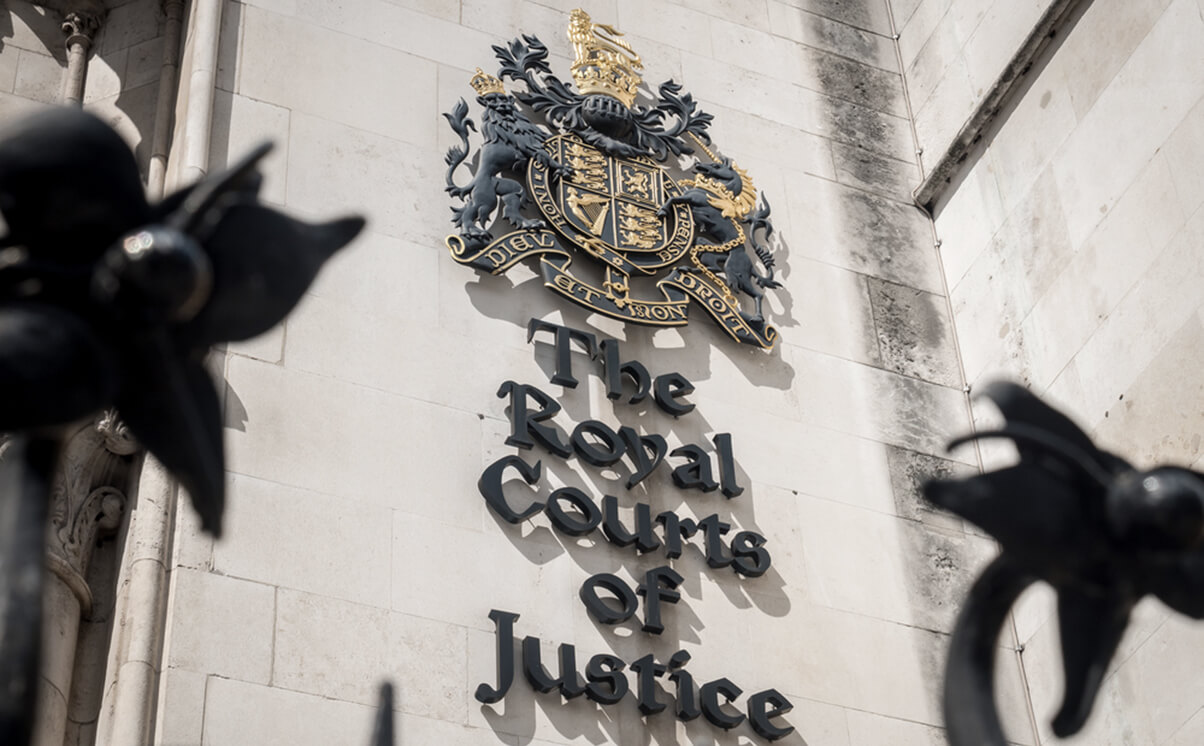In HRH Prince Louis of Luxembourg v HRH Princess Tessy of Luxembourg (Publication of Offer) [2017] EWHC 3095 (Fam), the court prevented Princess Tessy of Luxembourg from making public the terms of her open financial offer to her husband, Prince Louis of Luxembourg, and certain information about the family home.
During their divorce and financial remedy proceedings in London, a dispute arose between Prince Louis (represented by Stewarts) and Princess Tessy of Luxembourg about the ambit of a reporting restriction order (RRO), applied for by the Prince, which would prevent the media from reporting on details of the proceedings. The Prince and Princess were both aged 31. They were living in London and had two children together.
The Princess felt she had unfairly been branded a “gold-digger” by the media. To rebut this, although she agreed that an RRO should be made in respect of the proceedings generally, she sought permission to make public the bare terms of her open offer to the Prince, and to provide certain information about the former matrimonial home. The Prince argued that although he accepted that some press coverage had amounted to a personal attack on the Princess, the order should prevent the media from publishing any information about the financial arrangements of the parties.
“Balancing exercise”
Mr Justice Macdonald held that even the bare details of figures or arrangements offered in settlement of financial remedy proceedings engaged both parties’ rights to privacy under Article 8 of the European Convention on Human Rights (ECHR). So too did the information concerning the family home, which importantly also engaged the couple’s children’s Article 8 rights.
However, these Article 8 rights had to be balanced with the rights of the Princess and press to freedom of expression under Article 10 of the ECHR. Mr Justice Macdonald conducted a reasoned balancing exercise based on the facts of the case.
- Setting the record straight vs. duties of confidentiality: Although there is a public interest in a person about whom the press has published misinformation or falsehoods being able to set the record straight, the judge found that this did not justify the Princess disregarding her duties of confidentiality or removing limitations on the use of family court documents.
- Information in the public domain vs. impact of re-publication: The court recognised that although certain information was already in the public domain about the family home via the HM Land Registry, re-publication could still have a significant effect (Green Corns Ltd v Claverley Group Limited). The judge was concerned that publication of information about the family home, which was not currently widely known to the public, would likely result in “dissemination of the home address of the parties and, importantly, the children”.
- Public role vs. private individual: Whilst the Prince and Princess were members of the Luxembourg royal family, the judge commented that they had no official public role in Luxembourg, much less in this jurisdiction. Within this context, they were private individuals rather than public servants or individuals with a public role. Although their separation and the fact of their financial remedy proceedings had been made public, this was not a case in which either of them had sought, thus far, to litigate the details of their personal or financial disagreements in public. Indeed, the Princess had expressly called for the media to respect the family’s privacy for the sake of the children.
- Open justice vs. confidential negotiations: The parties were engaged in an effort to compromise the financial remedy proceedings via negotiations between themselves and their solicitors. There was, as parliament had recognised in the form of FPR r.27.11(1)(a), a pressing social need to ensure the confidentiality of such negotiations between the parties, without undue pressure that their offers or concessions will be “laundered in the media”, in order to promote the proper administration of justice.
Mr Justice Macdonald therefore determined that the Article 8 rights prevailed and granted the reporting restriction order as sought by the Prince, pending review at the conclusion of the proceedings.
You can find further information regarding our expertise, experience and team on our Divorce and Family pages.
If you require assistance from our team, please contact us or alternatively request a call back from one of our lawyers by submitting this form.
Media contact: Lydia Buckingham, Senior Marketing Executive, +44 (0) 20 7822 8134, lbuckingham@stewartslaw.com






